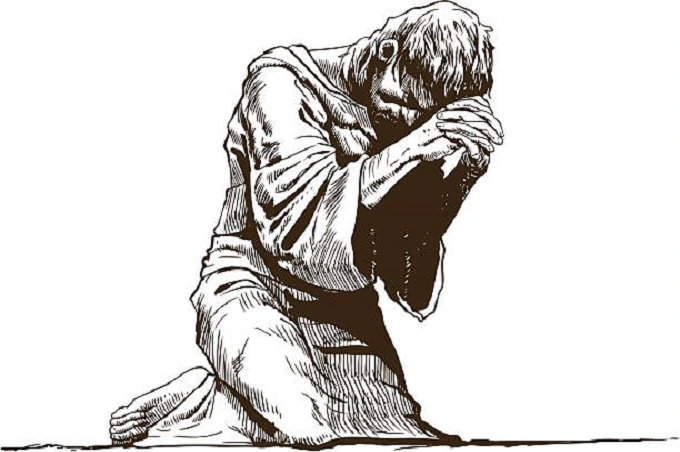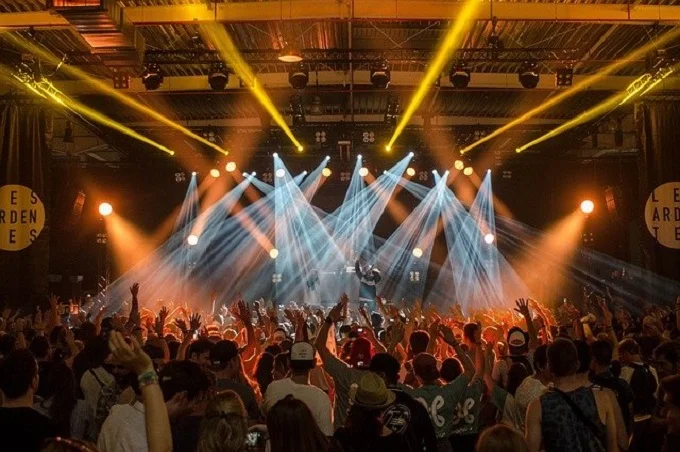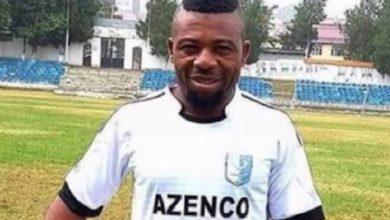“Mohamed Salah changes the perception of Islam in England”

“Mohamed Salah, go ahead, go!”
The screams echo in my house as Mohamed Salah scores a superb opening goal against Roma in the UEFA Champions League semi-finals on Tuesday night.
My children, eight-year-old Hanaa and six-year-old Muhammad, have a smile that shines through their faces as we all look at Salah, lying on the floor, celebrating his realization in such a special way that is his mark filed.
The rise of the Egyptian king of Liverpool has barely gone unnoticed in homes like mine across the country, if not the world.

At the peak of his art, Mohamed Salah unites communities.
He will pray on the pitch, he will proudly sport his beard and he will play one of the best footballs you will ever see this year.
Do you have any idea how powerful it is for kids like mine? He is a model for our time.
I was born and raised in East London, England, from parents emigrated from Yemen and Burma.
Unlike many people my age, I have never struggled with the notion of belonging to this country.
Who is Mo Salah ?
• Full name: Mohamed Salah Ghal
• Born on 15/06/1992 in El Gharbia, Egypt
• Club: Liverpool FC – bought at AS Roma for £ 34 million in June 2017
• Position: offensive midfielder
• National team: Egypt
• The first Egyptian footballer to be named player of the year by the Association of Professional Footballers of the English Premier League
However, I am more than aware that in the current climate, children of faith and minorities do not feel the same way.
They are exposed to a news program that makes them fearful when it comes to displaying their Islamic heritage.
So it’s not surprising pride in their hearts when a player like Salah gets to this level.
My daughter Hanaa looks with great admiration at Salah as he raises his hands to heaven and prays after scoring a goal.
“Mom, we do that too!” she tells me.
As in the Islamic tradition, many men of faith have beards. And Salah is no different.
So when I catch my six-year-old son standing in front of a mirror trying to pick tiny baby hair on his chin and proclaiming that he also has a beard now like Salah, I have an adrenaline rush.
He is arguably the best player in the world right now.
Mohamed Salah brings the communities together and for my part I benefit.
Banners representing him as a Pharaoh are held in the air around Anfield.
Songs and hymns from mosques and about Muslims resonate throughout the country chanted by Liverpool fans who memorized them.
They are full of love and admiration, and Muslims around the world are happy to see it. In his country, Egypt, Salah is king.
The crowning glory of his national team, his status was confirmed when he scored the penalty that allowed his team to qualify for the finals of the World Cup in Russia to be held this summer.
Whether he plays for Liverpool or Egypt, for 90 minutes, he unites a fractured nation.
Political rivalries are set aside as cafés and homes across Egypt encourage this mega star.
As a woman wearing the hijab, it’s fantastic to see women in Liverpool’s red scarf or the Egyptian flag celebrating it alongside Salah’s male fans.
And that’s why for families like mine, it’s more than a game of football.
A few weeks ago, Hanaa came home from school visibly upset. His group of friends spoke of a campaign to attack Muslims on April 3.
She was scared and upset.
We spent the next few days explaining that it was a tiny minority of people who did not understand Islam and Muslims, and the majority of people in this country did not feel that way at all.
Unfortunately when April 3 came, she did not want to go out: she was still too scared. As parents, it broke our hearts.
How do you explain to young children that there is nothing to fear when the reality of the news imposes on you something else?

But Mohamed Salah changes the perception of Muslims, and it’s wonderful to see.
For the first time in a long time, Muslims are not scarecrows.
My Liverpool supporter friends who are not Muslims echo this sentiment. They tell me that their status and character are important to celebrate because they challenge the opinions of narrow-minded people.
I do not pretend to be an expert on football tactics or game history.
All I know is that Mohamed Salah did more for inter-religious relations in his short time in Liverpool than any campaign I remember to date.
He is really a Muslim and that’s how I like to think of him.
In an interview earlier this week, Liverpool manager Jurgen Klopp talked about how Salah and other Muslim players, Sadio Mane and Emre Can, are preparing for a match by doing their ablution, an Islamic ritual.
Klopp says the rest of the team is waiting for them and respects the time they need to do it.
It’s hard to say how important it is to hear it for me and my children.
We perform ablutions before praying our five daily prayers.

It is a form of cleansing of the body that allows one to keep oneself clean before God.
Because such a small act that is openly spoken about and respected by a larger community sends a powerful message to my children and to many of them like them around the world. In Islam, we talk a lot about respect and work well done.
It is the backbone of our parenting role of raising our children to be good and sociable individuals.
It is therefore not surprising that Salah’s life as a player is often used by my husband as an example of hard and honest work for our children.
Salah’s brief stint in Chelsea is also a story of dedication, as he worked hard for a job well done and ultimately improved.
Hanaa, Muhammad and millions of children like them can be inspired.
We are happy and our prayers accompany this young man as he advances to the heights of glory.




